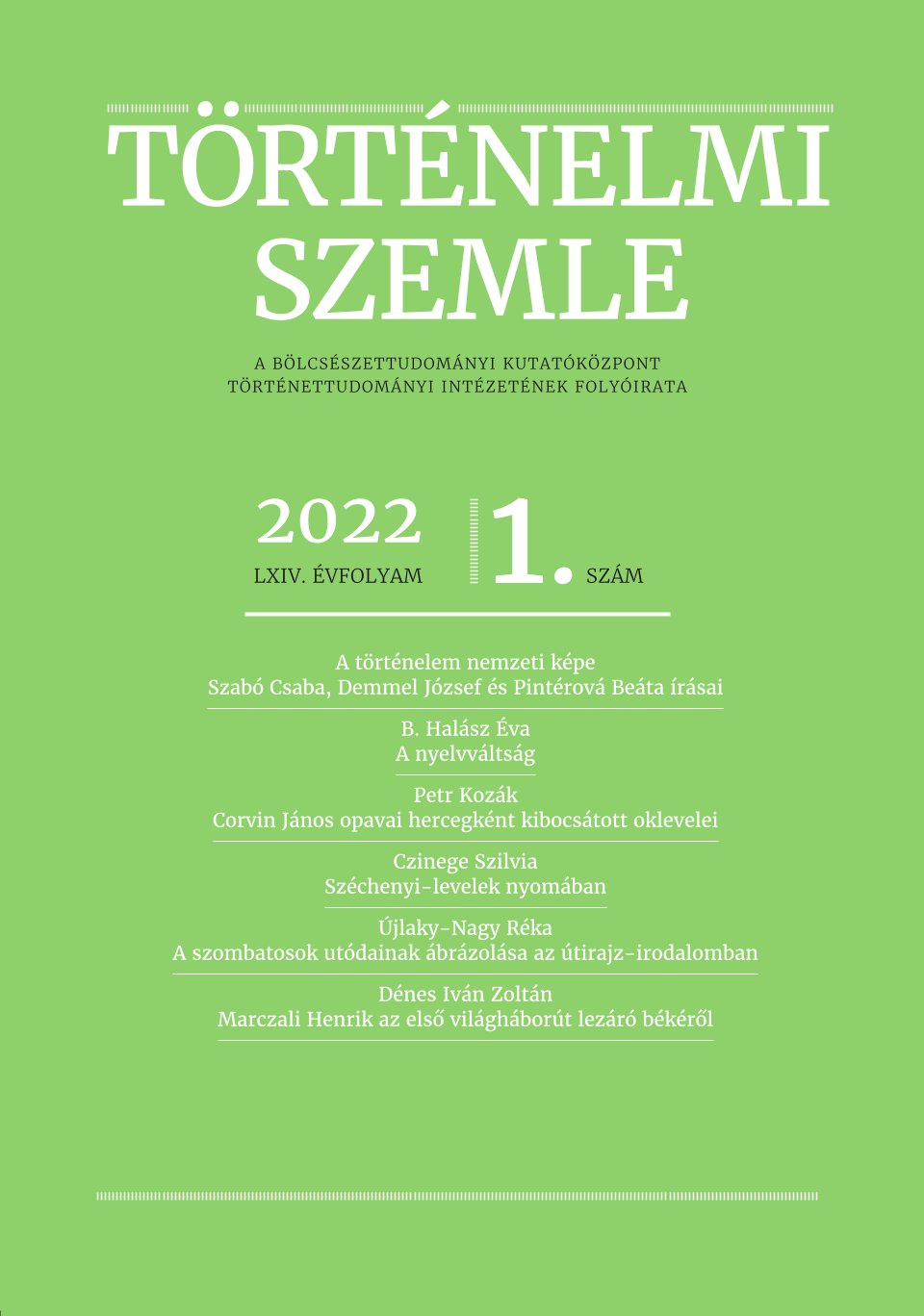A nyelvváltság
The Fine of the Tongue
Author(s): Éva B. HalászSubject(s): History of Law, 13th to 14th Centuries, 16th Century
Published by: Magyar Tudományos Akadémia Bölcsészettudományi Kutatóközpont Történettudományi Intézet
Keywords: medieval legal history; fine of the tongue; emenda lingue; disparagement; reviling; monetary fine; iudicium lingue
Summary/Abstract: The fine of the tongue (emenda lingue) was used as a censure for some morally condemnable actions, basically lies, committed either at the county judicial court or outside of it. Although the term itself only appears in the sources in the fourteenth century, similar offenses had already been censured in the laws of Saint Stephen. The fine of the tongue appears throughout the country, Transylvania and Slavonia included, and is attested in both noble and urban contexts. While among the nobility such punishment was rather applied for offenses committed in front of the judge, however, in the case of townspeople it was more often used for disparaging and offensive utterances made outside the court. Between nobles, it amounted to the blood money of the perpetrator. The “judgement of the tongue” (iudicium lingue), which was related to it, was levied for the formal violation of the judicial procedure.
Journal: Történelmi Szemle
- Issue Year: 2022
- Issue No: 1
- Page Range: 55-67
- Page Count: 13
- Language: Hungarian

